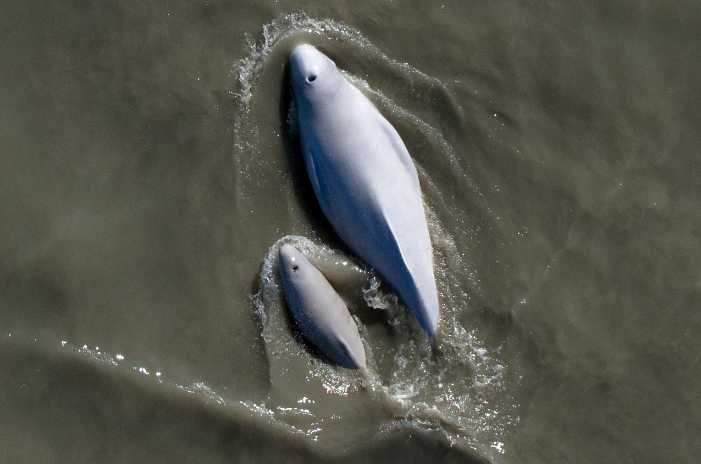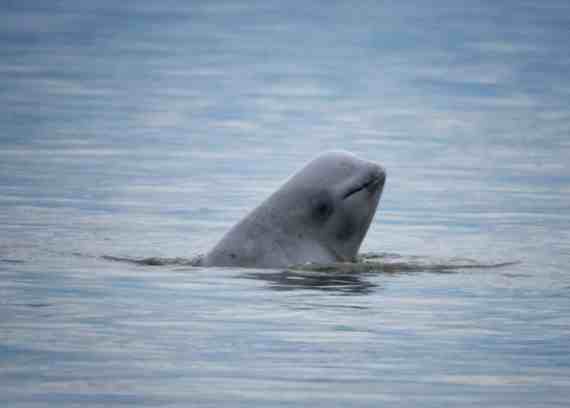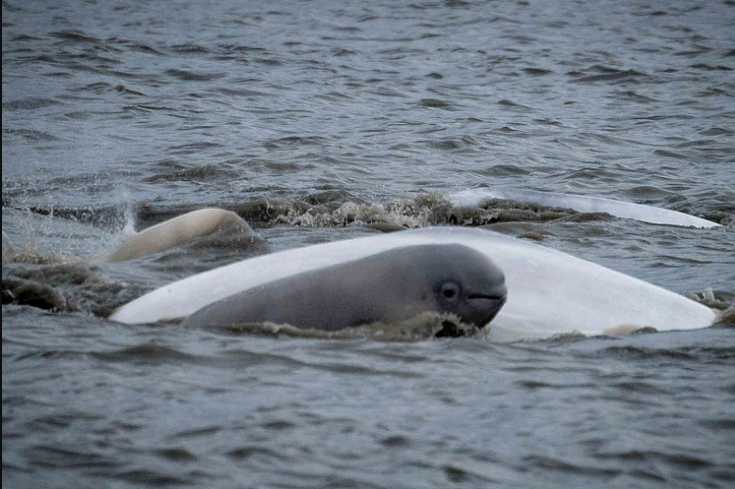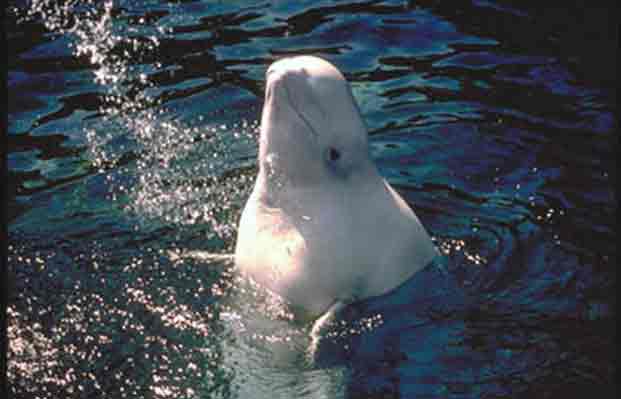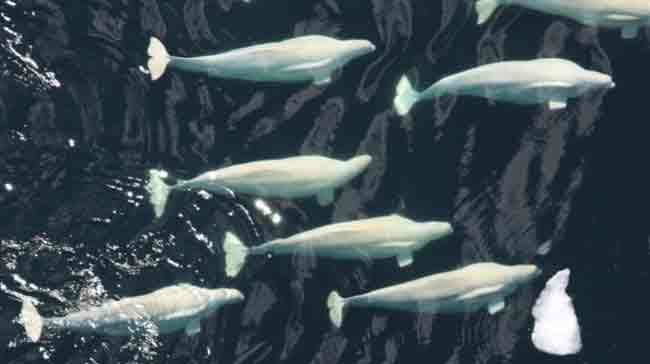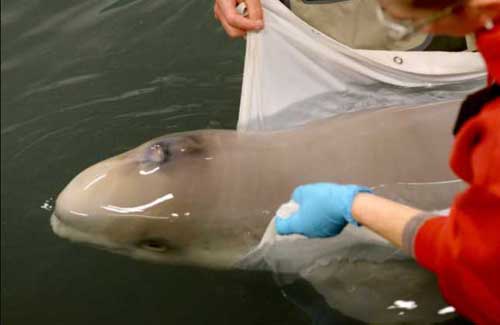After careful consideration regarding the impacts of the COVID-19 pandemic, NOAA Fisheries and partners have decided to cancel the 2021 Belugas Count! event.
Belugas Count! is a citizen science opportunity and festival event usually held in September, when viewing of endangered Cook Inlet beluga whales near Anchorage and Kenai is optimal.
“Belugas Count! is a family-focused event that brings together people of all ages,” said Jon Kurland, director of NOAA Fisheries Alaska Region’s Protected Resources Division. “Regrettably, due to the status of the pandemic, NOAA Fisheries and our partners decided to cancel the 2021 Belugas Count! event, as we did in 2020, out of an abundance of caution.”
To help fill the information pause caused by the cancellation, NOAA Fisheries will hold a NOAA Live! Alaska online webinar on Friday, September 10 focused on Cook Inlet beluga whales.
NOAA Fisheries and partners hope to resume holding Belugas Count! in September 2022.
Anchorage Tide Tables for Belugas Count! Week
If you decide to venture out along Cook Inlet Inlet on your own please follow the current state and local health guidance and practice safe viewing habits such as staying off the mud flats.
The best time to look for Cook Inlet belugas is 3-4 hours before high tide. Please consult NOAA’s Tide and Currents website for your viewing location before heading out.
If you observe beluga whales please report them to the Cook Inlet Beluga Whale Project.
For the latest information on where and when to view Cook Inlet belugas, check the Belugas Count Facebook page.
If you’re interested in helping monitor Cook Inlet belugas throughout the fall, check out the Alaska Beluga Monitoring Partnership to learn more about how you can participate in a collaborative citizen science effort geared towards learning more about this amazing species. Every sighting counts, but above all else please keep your loved ones and community safe.
Endangered Cook Inlet Belugas
In October 2008, NOAA Fisheries listed Cook Inlet beluga whales as endangered under the Endangered Species Act. This population continues to decrease at about 2.3% per year, and a 2016 recovery plan guides efforts to reverse the decline. Scientists estimate there are about 270 beluga whales left in Cook Inlet.
NOAA Fisheries has designated Cook Inlet beluga whales as one of nine “Species in the Spotlight” — species in need of a concerted effort by individuals, agencies, groups, tribes, institutions, and organizations large and small to survive. The goal is to have partners and interested members of the public work together to recover this species.



